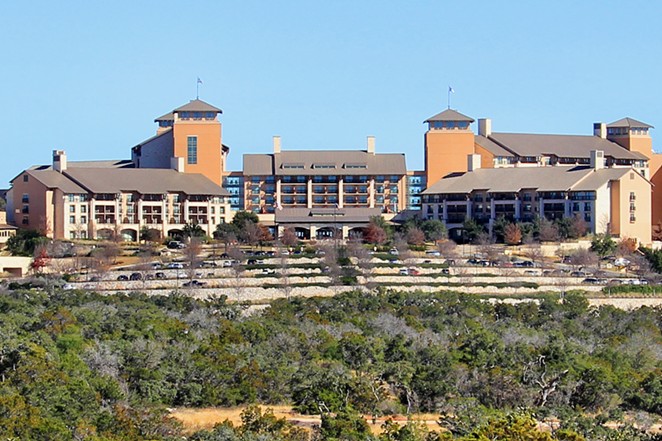Editor's Note: Cityscrapes is a periodic column of opinion and analysis.
Markets are tough things. Make a product the public doesn’t want, and it’s likely to sit in a warehouse collecting dust. In the retail business, if you’re selling something that people aren’t buying, you only have a limited set of choices. You can consider it a marketing problem, one potentially solved by pouring more money into advertising or perhaps changing your sales pitch. Or you can have a sale, lowering the price until at least some people find it worth buying.
So it is with cities. For some places, the people simply don’t come. The new firms and businesses that local boosters and civic leaders desire aren’t interested in coming. Or the building and development that folks want is going on in some parts of town but not in others. And just like the department store that isn’t selling furry winter coats or the appliance store that can’t compete with Amazon, cities often try marketing and promotion.
And then they have sales.
For cities, putting things on sale means subsidies. Here in San Antonio, we give tax abatements to particular businesses, often with the argument that they will create high-wage jobs and lead to further employment growth in desirable new industries. Or we sign non-annexation agreements, promising firms or developers that their new plant or project will remain outside the city limits — and thus free from paying city taxes — for years or decades. Starting in the late 1980s, we’ve doled out tax abatements for things like SeaWorld and Fiesta Texas, Bausch & Lomb, Golden Aluminum, American Airlines, Solo Serve and Sony Microelectronics. Some, like SeaWorld and Fiesta Texas, are still here and in business, although often with fewer jobs than promised. Others — Golden Aluminum, American Airlines, Sony — have long since departed, perhaps leaving behind only a building. Sony, for example, is memorialized by Sony Place, the street that leads to what is now the National Security Agency’s Texas Cryptology Center on the West Side. We literally put the city on sale for them, making it cheaper for firms to develop with the promise of new jobs.
There have also been a number of tax abatement deals for hotels during the 1990s, including the Hyatt Hill Country Resort by SeaWorld, the Westin Riverwalk and the Adam’s Mark (now Wyndham Riverwalk) hotels downtown, as well as the La Cantera Resort Hotel near Fiesta Texas. The hotels, and their jobs, are still here, although the logic for subsidizing hotels in this tourism-centric city is open to question.
Then there have been non-annexation deals, most notably the 29-year non-annexation agreement with Lumbermen’s Investment that keeps the JW Marriott Hotel and Golf Resort off the city’s tax rolls until 2034. At the time, Chamber of Commerce leaders promised the Marriott and PGA project would be the first in a series of new resort developments to make San Antonio the equal of Phoenix as a golf destination. The five-year non-annexation agreement for Maruchan’s manufacturing plant involves less time and subsidy, but of course all it got us has been some jobs making ramen noodles. And then there’s the 2017 non-annexation agreement — lasting until 2034 — for Marmaxx Operating Corp. to build a warehouse and distribution center for T.J. Maxx and Marshall’s stores. The city has been quite willing to spare these projects from property and sales taxes, even as the rest of us have to pay our share.
The city has also subsidized businesses by directly investing in them through the San Antonio Economic Development Corporation, particularly where city council and city manager saw those investments as way to boost our lagging tech sector. So it was that in 2010 the city invested $6 million in InCube Labs together with another $4 million from the county, the Texas Research and Technology Foundation and UTSA. When InCube failed to meet its job creation promises in 2015, council obligingly extended the deadline for seeing a return on the public’s investment to August 2020, by which time InCube was supposed to produce 50 jobs. Council has also employed the city’s Economic Development Corporation to make investments in a number of other small tech startups, including Innovative Trauma Care, StemBioSys, ParLevel and HelpSocial, all with the promise of new job creation and a boost to the local tech economy.
Add to this litany of abatements and non-annexations the millions of dollars in fee waivers and subsidies for new center city housing, subsidies for airlines to expand service and add nonstop routes and public spending on projects that reshape land value and development prospects. But putting the city on sale doesn’t necessarily make it prosper or its economy truly develop. And the history of investments in firms like InCube, Sony Microelectronics and American Airlines should raise real questions about the ability of city council to assess the reality of private markets.
Stay on top of San Antonio news and views. Sign up for our Weekly Headlines Newsletter.


